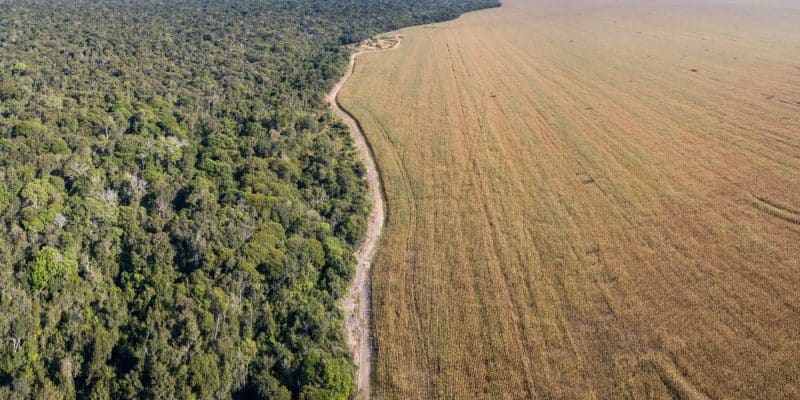The results of the Integration of Biodiversity in Madagascar's Agricultural Sectors project were presented on December 18, 2023 in Antananarivo. The project has led to the definition of a roadmap for integrating biodiversity into Madagascar's agricultural sectors. The document is currently being finalized and will be implemented in 2024.
Madagascar is home to almost 5% of the world’s biodiversity, with a flora and fauna endemism rate of around 80-90%. But this rich natural heritage is being destroyed day by day by agricultural practices using fire, land clearing and traditional techniques. In addition to extreme events such as cyclones, droughts and locust invasions, illegal mining, trafficking, bush fires, plantations and grazing are the main exterminators of Madagascar’s biodiversity, with an annual average of 100,000 hectares.
These data were presented on December 18, 2023 in Antananarivo, at the workshop for the Integration of Biodiversity in Madagascar’s Agricultural Sectors project. The documentation and multi-stakeholder consultation work carried out as part of this project led to the definition of a roadmap for the integration of biodiversity in Madagascar’s agricultural sector.
Read also-MADAGASCAR: vanilla cultivation in the forest threatens 47% of endemic species
The roadmap, which is scheduled for implementation in 2024, is based on sixteen priority activities grouped under three main headings: empowerment of all stakeholders, including farmers themselves; alignment of key policy and strategy documents; and a substantial increase in biodiversity-friendly practices. To this end, emphasis is placed on the adoption of agroecology and climate-smart farming practices, as well as on the implementation of sustainable fisheries and aquaculture by farmers’ organizations and the private sector.
Financed by Sweden via the Flexible Voluntary Contribution instrument, this project will be implemented from June 2022 to December 2023 by the Food and Agriculture Organization of the United Nations (FAO), and is also in line with the implementation of the Kunming Global Biodiversity Framework in Montreal and the United Nations Convention on Biological Diversity (CBD), taking into account commitments under the Rio Conventions.
Boris Ngounou







